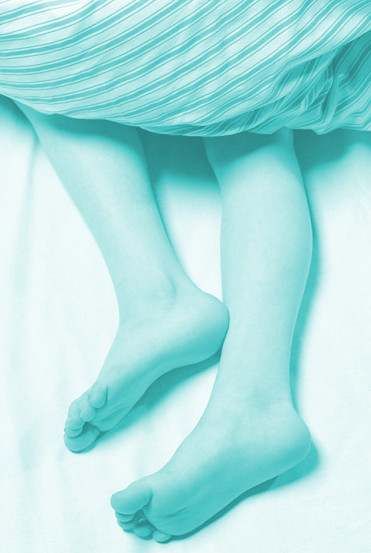COVID hangovers common
 New data suggests persistent fatigue occurs in more than half of patients recovered from COVID-19.
New data suggests persistent fatigue occurs in more than half of patients recovered from COVID-19.
A study has looked at 128 participants from an Irish hospital who were 10 weeks out from COVID infection.
It found that more than half reported persistent fatigue at that late point.
There was no association between COVID-19 severity (need for inpatient admission, supplemental oxygen or critical care) and fatigue following COVID-19, however fatigue did appear to affect women more.
“Fatigue was found to occur independent of admission to hospital, affecting both groups equally,” said lead researcher Dr Liam Townsend.
Additionally, there was no association between routine laboratory markers of inflammation and cell turnover (white blood cell counts or ratios, lactate dehydrogenase, C-reactive protein) or pro-inflammatory molecules (IL-6 or sCD25) and fatigue post COVID-19.
Although women represented just over half of the patients in the study (54 per cent), two-thirds of those with persistent fatigue (67 per cent) were women.
While only 1 person of the 61 (1.6 per cent) without fatigue had a history of anxiety or depression, this proportion was 13.4 per cent (9/67) in those with persistent fatigue.
“Our findings demonstrate a significant burden of post-viral fatigue in individuals with previous SARS-CoV-2 infection after the acute phase of COVID-19 illness,” the paper states.
“This study highlights the importance of assessing those recovering from COVID-19 for symptoms of severe fatigue, irrespective of severity of initial illness, and may identify a group worthy of further study and early intervention.
“It also supports the use of non-pharmacological interventions for fatigue management.
“These interventions will need to be tailored to the individual needs of the patients, and may include lifestyle modification, cognitive behavioural therapy and self-pacing exercise, where tolerated.”







 Print
Print